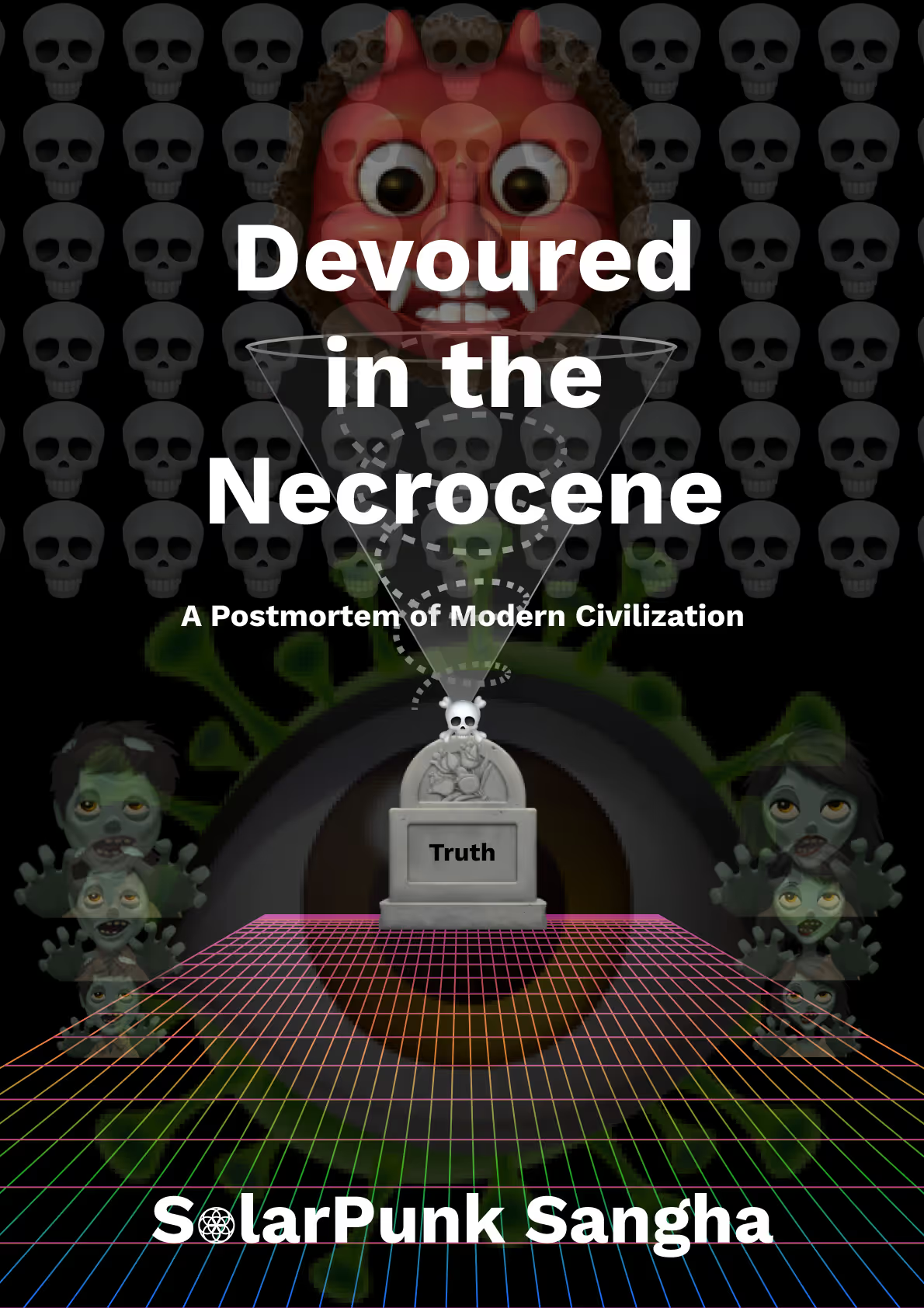Commons Strategy
Operational Mechanisms
The Commons-Based Tools: Managing resources through community governance.
🔮 Sustainability Theorems
A cross-domain analysis of Political, Economic, Cultural, and Ecological theories.
Political Theory
Citizen Assemblies
Economic Theory
Cooperative Ownership
Cultural Theory
Open Source Culture
Ecological Theory
Ecosystem Services
Circulates wealth through shared stewardship—money as a commons, not a tool of extraction.
📑 Observations
Establishing a triage containing observations of social experience.
🪞 Self-Enquiry
How could models like Cooperative Ownership and Citizen Assemblies be applied to solve a specific problem in my community, and how do we properly value the Ecosystem Services that support all life?
🩺 Diagnosis Questions
1. Do resources circulate or accumulate?
2. Are needs met through participation or possession?
3. Does ownership create stewards or hoarders?
Related Variables
- Commons governance effectiveness
- Resource circulation velocity
- Wealth concentration trends
"The householder should regard all creatures as his own self, and distribute food to them all." — Taittiriya Upanishad
🩻 Targeted Organ
The Circulatory System
Capacity for Equitable Flow
🧾 Rationale
To ensure wealth and knowledge circulate as commonwealth, nourishing the entire community.
💉 Extraction/Cultivation
Community land trusts, mutual credit systems, and participatory budgeting.
😷 Defense/Propagation
Commoning: The social practice of collectively managing a resource, which inherently defends against privatization.
❌ Tetrad Analysis
- Object of Perception: Resource Management
- ENHANCES: Equitable distribution; stewardship; circular flows; community governance
- OBSOLESCES: Private enclosure; state bureaucracy; resource hoarding
- RETRIEVES: Medieval/indigenous commons with modern institutional design
- REVERSES INTO: Commons becomes primary mode, rendering state/market models secondary
📝 Partial Diagnosis
Circulatory Health: Resources flow through commons-based systems that prevent hoarding and ensure equitable distribution.
⚗️ Research Repository
🔮 Engagement Circle
🧊 Life Course
🎓 Case Study
Participatory Budgeting in Porto Alegre (1989-present)
Brazil's pioneering participatory budgeting process demonstrates commons strategy through citizen assemblies that allocate municipal resources, cooperative ownership of decision-making processes, open source methodology adopted globally, and explicit attention to urban ecosystem services.
Sources: Participatory Budgeting Project | World Bank Urban Development | International Association for Public Participation
📚 Literature
"Governing the Commons" by Elinor Ostrom (1990)
Ostrom's Nobel Prize-winning analysis of how communities successfully manage shared resources through institutional arrangements that avoid both market failures and government control.




